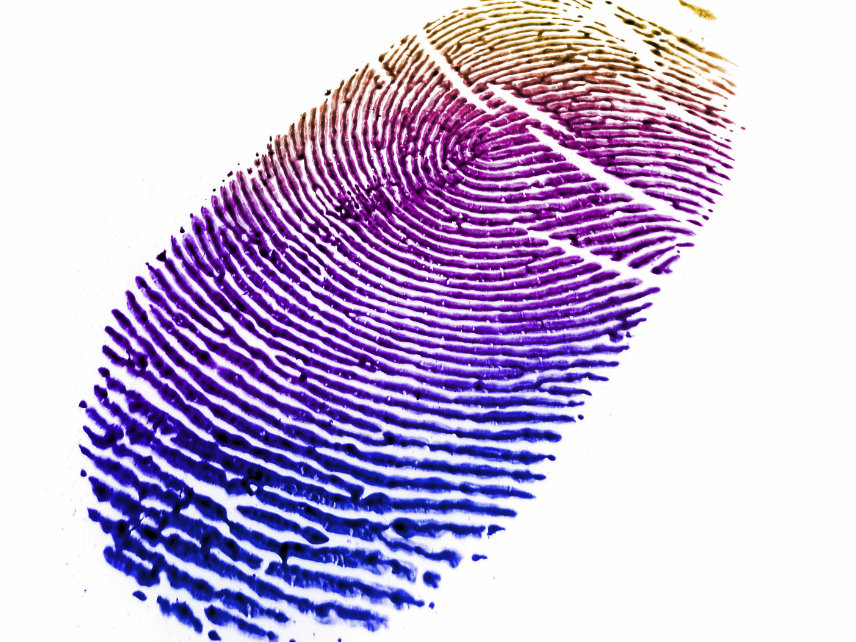Selling an Old Record or Comic Book? This Pennsylvania City Wants Your Fingerprints.
A law intended to crack down on illegal property sold at pawn shops has unintended consequences.

In an effort to stop criminals from using pawn shops, one Pennsylvania city is going to treat everyone like criminals.
A new ordinance in Allentown will require owners of pawn shops and other second-hand retailers to take photographs and collect thumb prints from customers before purchasing or exchanging any merchandise. They are also required to catalog any inventory purchased and to upload that information (along with the photos and fingerprints) to a police database. They cannot re-sell anything for 15 days.
The rules were passed last year to make it easier to track stolen items and intercept them before they can be sold again. But the broadly written law has swept up all second-hand sellers in the city, including comic book stores, consignment shops, and antiques markets, The Morning Call reports.
James Holmes, owner of Double Decker Records, tells Reason that he only found out about the ordinance a few days ago and is now rushing to comply with the unexpected rules. Holmes says he understands the motives behind the law but thinks it goes too far.
"A lot of people are going to be taken aback by that, I mean, most people have never been fingerprinted in their lives," says Holmes. "When you think of fingerprinting, you think either you're going for a very sensitive job or you're a criminal. You don't get fingerprinted for anything else."
Holmes says he regularly buys boxes of old records from people who are cleaning out their houses, gives them a quick review to see if there's anything particularly valuable, and then tosses the rest into his discount bins. Now he's going to have to catalog every record that comes across his counter, along with forcing his customers to agree to having their photos and thumbprints taken.
Keith Feinman, manager of Encounter Comics & Games, tells The Morning Call's Emily Opilo that the 15-day waiting period can be a serious cash flow issue for small businesses.
Meanwhile, people who want to buy or sell a used item can simply cross the city lines and do it somewhere else—whether it's stolen or not.
"If someone refuses [to be fingerprinted], and they have really good stuff, they'll just go to another town or sell it online," says Holmes. "Some people just have privacy concerns. Like, where is this information going?"
It's going into a police database, and city taxpayers get to pay for the privilege. The "Regional Automated Property Information Database" is maintained by a vendor that charges the police force $200 per business, with part of the cost offset by a $100 registration fee that businesses must pay. Allentown is one of several municipalities, mostly in the northeast, using the service.
The unintended consequences of the law so far don't seem to be swaying city councilman Daryl Hendricks. "Anything new is going to have some resistance," he tells Opilo.


Show Comments (18)